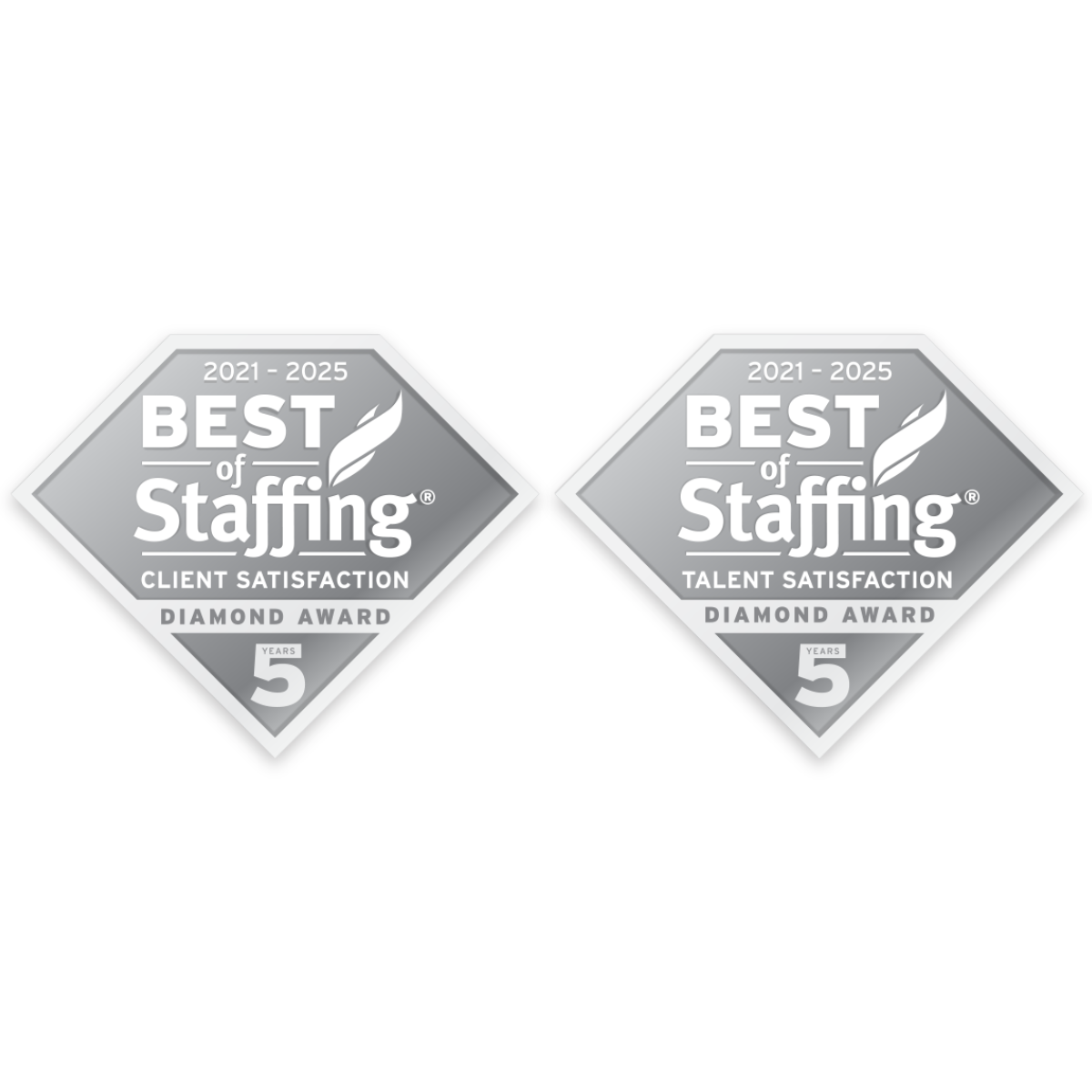In today’s fluid job market, as traditional corporations restructure and fast-growth companies seek senior-level talent, it’s not uncommon for executives to find themselves back in the candidate’s chair, facing the same level of scrutiny they once used to gauge potential hires. Along with this, the subsequent movement towards more flexible workplaces and flattening management hierarchies means that methods used to discern who makes the cut are evolving as well.
This is especially the case with creative industries and start-ups. Driven by democratizing influences of technology and a more empowered workforce, such companies are placing a higher bar on hiring C-Suite talent who not only have the experience and technical knowledge to instill confidence with the public or shareholders, but who also have the flexibility and open mindset to more easily navigate a company’s unique culture and inspire trust.
To this end, executive job descriptions now often list a number of soft skills held as requirements for leading any organization: qualities like empathetic, entrepreneurial, collaborative, dynamic, and inclusive that can’t entirely be measured or proven in interviews, but are still considered crucial to executive success. The ability to showcase these soft skills organically to potential employers is vital, and the best way to prepare is by understanding upfront what recruiters and hiring managers are eager to see.
It’s impossible to anticipate every question or challenge that will be thrown your way, but there are a few strategies executive candidates can employ to ensure their inherent abilities to connect, communicate, create and motivate shine through.
1. Your Story is Not Just Your Own
“Storytelling” is a trendy skill, and interviews are excellent opportunities to see how well you recount your own. But executives are first and foremost expected to be storytellers for the company or brand, and that involves familiarity with histories that aren’t your own. Don’t deflect from your personal tale, but save some room for others — and that involves listening as much as telling! When given the opportunity, ask questions of the interviewing team, then try to highlight trajectories in your own life that others in the room might more easily relate to. Shared histories make for more universal stories, which are far more likely to sell.
2. Be Prepared to Play
Not everyone likes surprises, but curveballs are part of the package, and how one responds to the unexpected is perhaps one of the greatest leadership tests of all. Executive-level interviews may often present scenarios or role-playing exercises to gauge how clearly candidates think on their feet, along with other important problem-solving skills. Practice ahead of time if possible. But remember that the best way to prepare is to leave space in your process for spontaneity, and don’t flinch if the interview takes an unstructured turn. On the contrary, try to have some fun! How well you can go with the flow says a lot about how you manage stress — and no one wants a leader who’s going to buckle under pressure.
3. Be Confident in What You Don’t Know
Confidence is necessary for leadership, but swagger is not the same thing. Of course executive job candidates are expected to bring deep proficiencies to the table. But the business world is changing rapidly, and it’s impossible to stay on top of everything. Today it’s often less about what you know, and more about how you learn. If a more technical question stumps you, don’t be afraid to say so, but then quickly follow-up with how you’d go about finding the answer. That process alone can signal more about your creativity and cognitive capacities than an encyclopedic knowledge of everything ever could.
Remember you’re all there for the same reason: passion for the industry or product, and the opportunity at hand to help drive company growth. If ever at a loss, just stick to discussing new developments in the sector and what excites you most about the future — that’s one era everyone shares!
Kate is a Creative Circle candidate, a senior copywriter, and a seasoned corporate communications consultant based in New York. If you want to work with Kate, contact Creative Circle New York.



